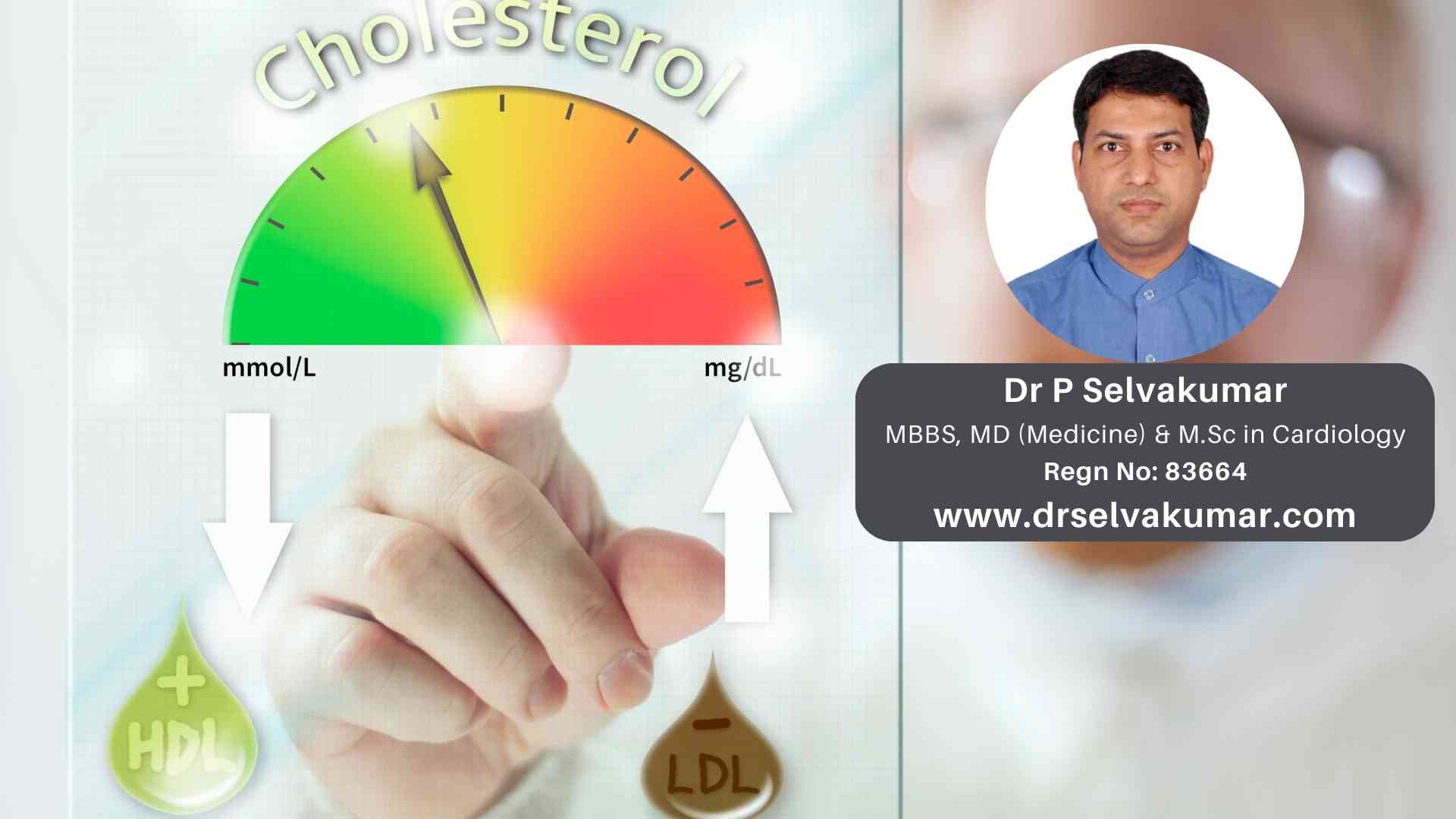What are Lipid Disorders?
Lipid disorders are a group of conditions that affect the levels of lipids, or fats, in the blood. These fats include low-density lipoproteins (LDL), also known as "bad" cholesterol, and fatty acids called triglycerides. High-density lipoproteins (HDL), known as "good" cholesterol, are also present in the blood.
What are the Symptoms of Lipid Disorders?
Most people with lipid disorders do not have any symptoms. However, high levels of LDL cholesterol and triglycerides can increase your risk for developing heart disease, stroke, and other health problems.
What are the Causes of Lipid Disorders?
There are many causes of lipid disorders. Some of the most common causes include:
Age: Your risk for lipid disorders increases as you get older.
Family history: If you have a family history of lipid disorders, you are more likely to develop the condition yourself.
Diet: A diet high in saturated fat, trans fat, and cholesterol can increase your risk for lipid disorders.
Weight: Being overweight or obese can increase your risk for lipid disorders.
Physical activity: People who are physically inactive are more likely to have high levels of LDL cholesterol and triglycerides.
Certain medications: Some medications, such as steroids, can increase your risk for lipid disorders.
How Are Lipid Disorders Diagnosed?
Your doctor can diagnose lipid disorders by doing a blood test. The blood test will measure your levels of LDL cholesterol, HDL cholesterol, and triglycerides.
How Are Lipid Disorders Treated?
The treatment for lipid disorders depends on the severity of your condition. In some cases, lifestyle changes, such as eating a healthy diet, exercising regularly, and losing weight, may be enough to lower your cholesterol levels. In other cases, you may need to take medication.
Lifestyle Changes for Lipid Disorders
If you have lipid disorders, there are a number of lifestyle changes you can make to lower your cholesterol levels. These changes include:
Eating a healthy diet: A healthy diet for people with lipid disorders includes plenty of fruits, vegetables, and whole grains. It also limits saturated fat, trans fat, and cholesterol.
Losing weight: If you are overweight or obese, losing even a small amount of weight can help to lower your cholesterol levels.
Medications for Lipid Disorders
If lifestyle changes are not enough to lower your cholesterol levels, your doctor may prescribe medication. There are a number of different types of medications available for lipid disorders. The type of medication your doctor prescribes will depend on your individual needs.
Preventing Lipid Disorders
There are a number of things you can do to help prevent lipid disorders. These include:
- Eating a healthy diet
- Exercising regularly
- Maintaining a healthy weight
- Avoiding smoking
- Limiting alcohol intake
- Managing stress
If you have any concerns about your cholesterol levels, talk to your doctor. They can help you determine if you have lipid disorders and develop a treatment plan to lower your risk for heart disease and other health problems.
For a quick consultation with Dr. P Selvakumar: Click Here
